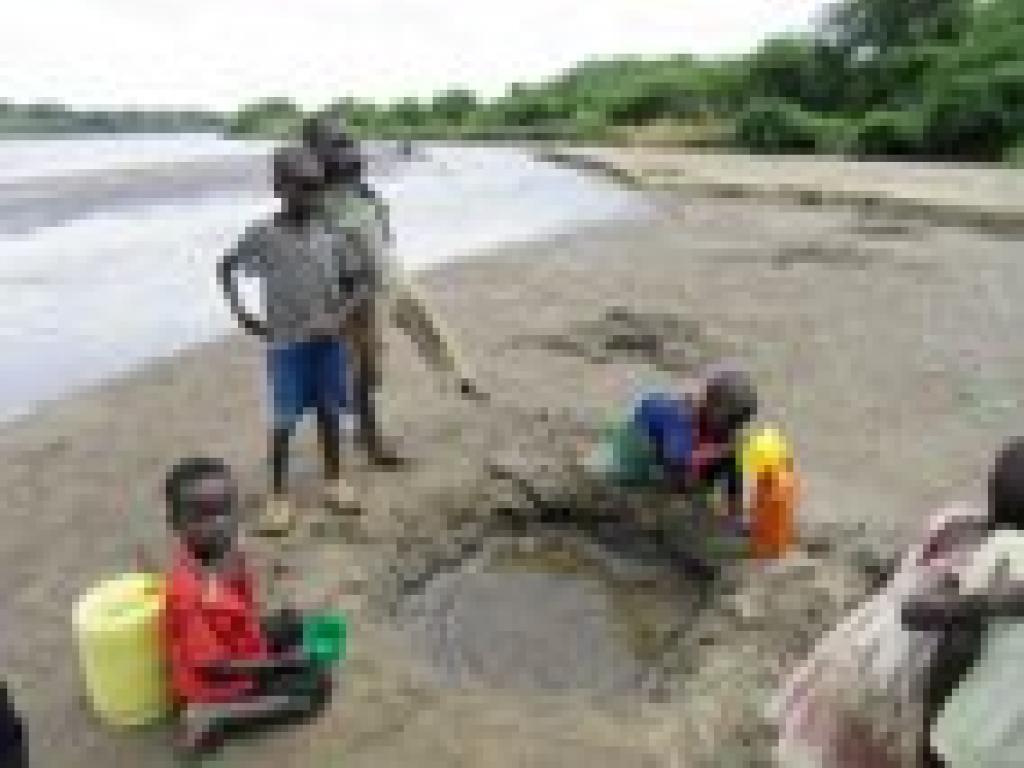Millions of Africans lack basic facilities to curb COVID-19, study confirms

An international study involving the University of Cape Town (UCT) researchers reveals that hundreds of millions of Africans don’t have access to the most basic facilities to prevent the spread of the virus that causes COVID-19.
The results show, for example, that almost 900 million live without on-site water and 283 million live in households where more than three people share a room.
When, early in 2020, it became clear that COVID-19 would soon reach pandemic proportions, the World Health Organisation recommended a range of nonpharmacological public health interventions to curb the spread of the virus. Quickly implemented by governments across the globe, these included wearing masks, strict lockdown measures, physical distancing and widespread hygiene awareness campaigns focused on regular handwashing.
Although frustrating, these measures hardly pose a challenge for those living in homes with running water, refrigerators and the space to self-isolate.
For many people living in Africa, however, these seemingly simple measures have been all but impossible to implement and maintain.
UCT’s Professor Murray Leibbrandt, director of the African Centre for Inequality Research, and postgraduate researcher Bongai Munguni, part of the inaugural UCT–Bristol Researchers without Borders programme, were co-authors on the study. They
collaborated with researchers from the University of Bristol’s Poverty Institute, the University of California, Los Angeles’ Fielding School of Public Health and other international research groups to investigate the feasibility of non-pharmacological
public health interventions in low-resource settings in Africa.
